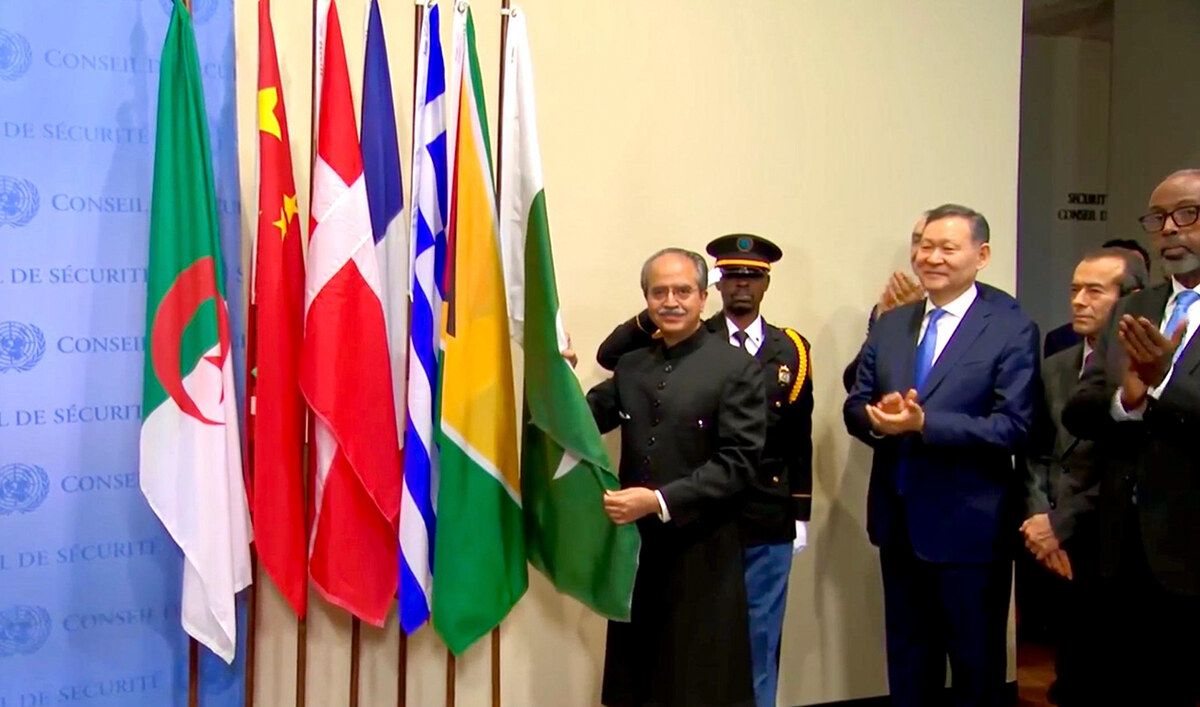KARACHI: Fueled by food price hike, the weekly inflation rate in Pakistan hit a 24-week high at 41.52 percent on an annual basis during the outgoing week, as the country implemented an action plan recommended by the International Monetary Fund (IMF) to revive a stalled loan program.
According to the Pakistan Bureau of Statistics, the weekly inflation measured by Sensitive Price Indicator (SPI) recorded a rise of 2.78 percent until 23rd February, with major increase observed in the prices of food items.
The major price escalation on a weekly basis was witnessed as bananas recorded a hike of 6.67 percent, chicken 5.27 percent, sugar 3.37 percent and five-liter cooking oil 3.07 percent.
On an annual basis, the prices of onions increased by 372.03 percent, cigarettes 164.71 percent, gas charges for first quarter surged by 108.38 percent, chicken 85.65 percent, diesel 81.36 percent, eggs 75.81 percent, petrol 69.87 percent, and liquefied petroleum gas by 52.59 percent.
The monthly inflation rate in Pakistan was recorded at multi-decade high of 27.6 percent in January. However, financial experts said inflation would escalate further as Pakistan tried to implement prior actions to revive the $7 billion IMF loan facility.
“The inflation rate is expected to hit 30 percent for the month of February, mainly due to the implementation of prior action including imposition of new taxes of around Rs170 billion to secure the IMF program,” Samiullah Tariq, director research at the Pakistan-Kuwait Investment Company, told Arab News on Saturday.
“The full year inflation rate is expected to increase to about 28 percent,” he continued.
Amid the Pakistan-IMF talks for the completion of 9th review of the bailout program Pakistani markets expect that the country would jack up policy rate by around 2 percent.
The next monetary policy meeting of the central bank is scheduled to take place in the middle of the next month.


















